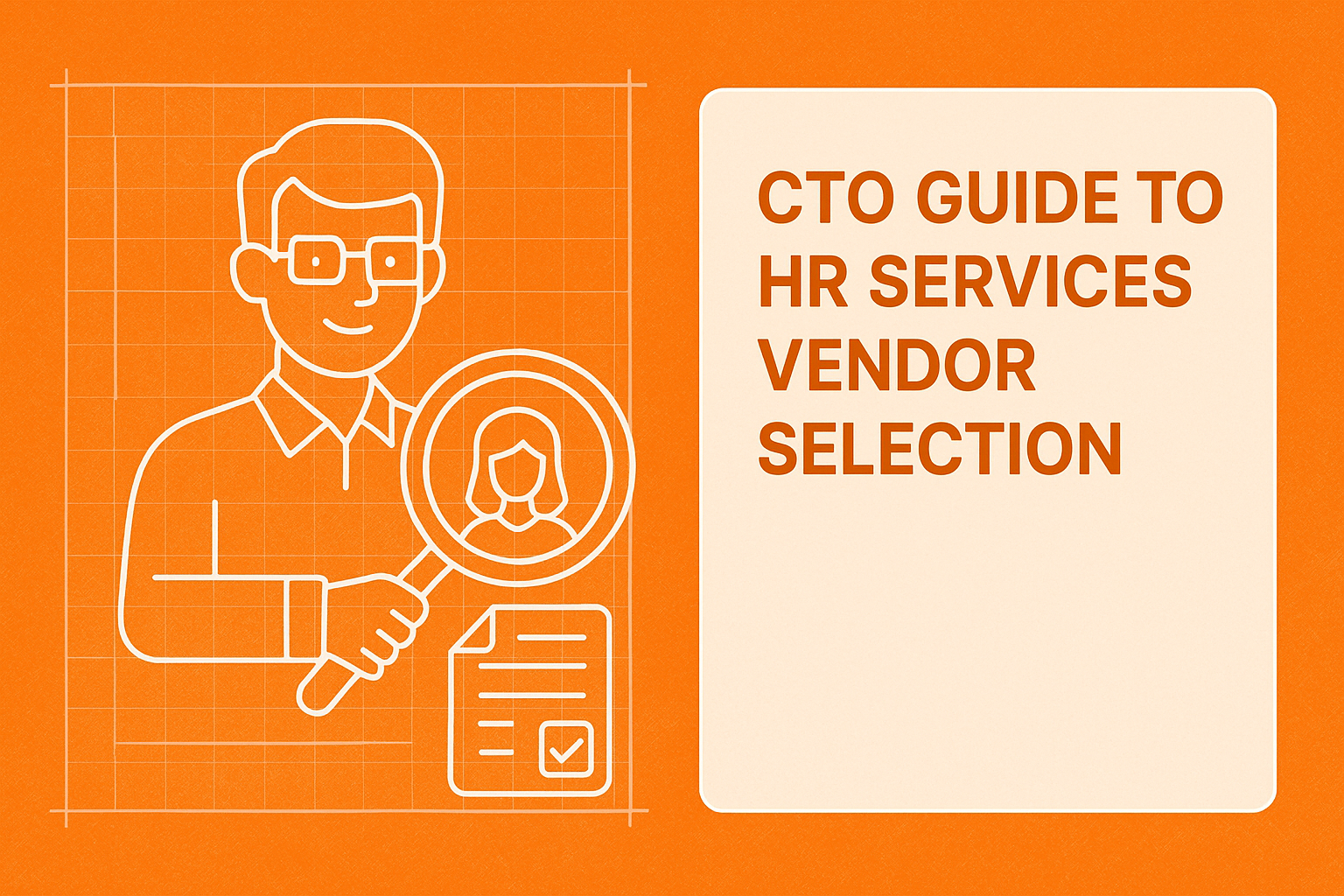Schedule a Demo
As a CTO, you understand the critical role that human resources plays in the overall health and efficiency of your organization. Whether you're scaling up or refining your processes, the right HR services can make a significant difference. From payroll management to employee engagement and compliance, the scope of HR is vast, and finding the right vendor can be a daunting task.
Before diving into the vendor search, it's crucial to clearly define what you need from an HR service provider. Are you looking for full-service HR outsourcing, or do you need specific modules like benefits administration or performance management? I've worked with many CTOs who initially thought they needed a comprehensive solution, only to realize that targeted services could better meet their needs and budget.
Once your requirements are clear, the next step is research. Start by identifying potential vendors through industry reports, recommendations from peers, and online searches. Look for vendors with experience in your industry and a track record of successful implementations. I've found that attending industry conferences and webinars can also provide valuable insights into the latest HR solutions and vendors.
Evaluating the capabilities of HR service providers is where the rubber meets the road. Consider factors like scalability, integration with existing systems, and customization options. It's essential to assess how well a vendor can adapt to your company's unique culture and needs. In my experience, the best vendors are those who can demonstrate a deep understanding of your business and offer tailored solutions.
Once you've narrowed down your list, it's time to request proposals and schedule demonstrations. A well-crafted RFP can help you compare vendors more effectively. During demos, pay close attention to the user interface, reporting capabilities, and how the vendor handles data security. I've seen many CTOs make their final decisions based on how intuitive and user-friendly the HR system is for their team.
The reputation and stability of an HR service provider are crucial considerations. Check for reviews and case studies to gauge customer satisfaction and success rates. Additionally, consider the financial health and longevity of the vendor. A stable vendor is more likely to provide long-term support and updates. I've learned that a quick call to existing clients can provide invaluable insights into a vendor's reliability and service quality.
Negotiating contracts and service level agreements (SLAs) is a critical step in the vendor selection process. Ensure that the contract clearly outlines the scope of services, pricing, and any penalties for non-compliance. SLAs should specify uptime guarantees, response times for support, and data protection measures. From my experience, a well-negotiated contract can save you headaches and costs down the line.
The onboarding and implementation phase is where the vendor's true value becomes apparent. A smooth transition to the new HR system requires clear communication, training, and support. Look for vendors who offer comprehensive onboarding plans and ongoing support. I've seen companies struggle with new systems because they underestimated the importance of a well-executed implementation strategy.
After implementation, the work doesn't stop. Continuous monitoring and improvement are essential to ensure that your HR services remain effective. Regularly review performance metrics and gather feedback from your team. A good vendor will work with you to make adjustments and optimize the system over time. In my experience, the most successful HR implementations are those that evolve with the company's needs.
Let's take a look at a real-world example. A mid-sized tech firm I worked with was struggling with outdated HR processes that hindered growth. After a thorough search, they selected a vendor specializing in tech industry HR solutions. The implementation was seamless, and the new system streamlined their payroll, benefits, and performance management. The key to their success was a clear understanding of their needs and a vendor that could meet those needs with precision.
Looking ahead, the landscape of HR services is evolving rapidly. Technologies like AI and machine learning are becoming increasingly integrated into HR systems, offering predictive analytics and personalized employee experiences. Additionally, the focus on remote work and employee well-being is driving new HR solutions. As a CTO, staying informed about these trends can help you make more strategic decisions about your HR vendor choices.
